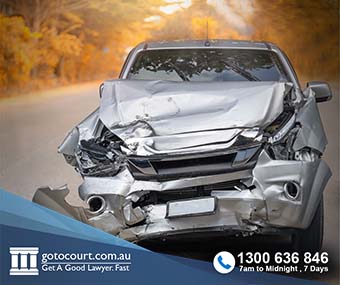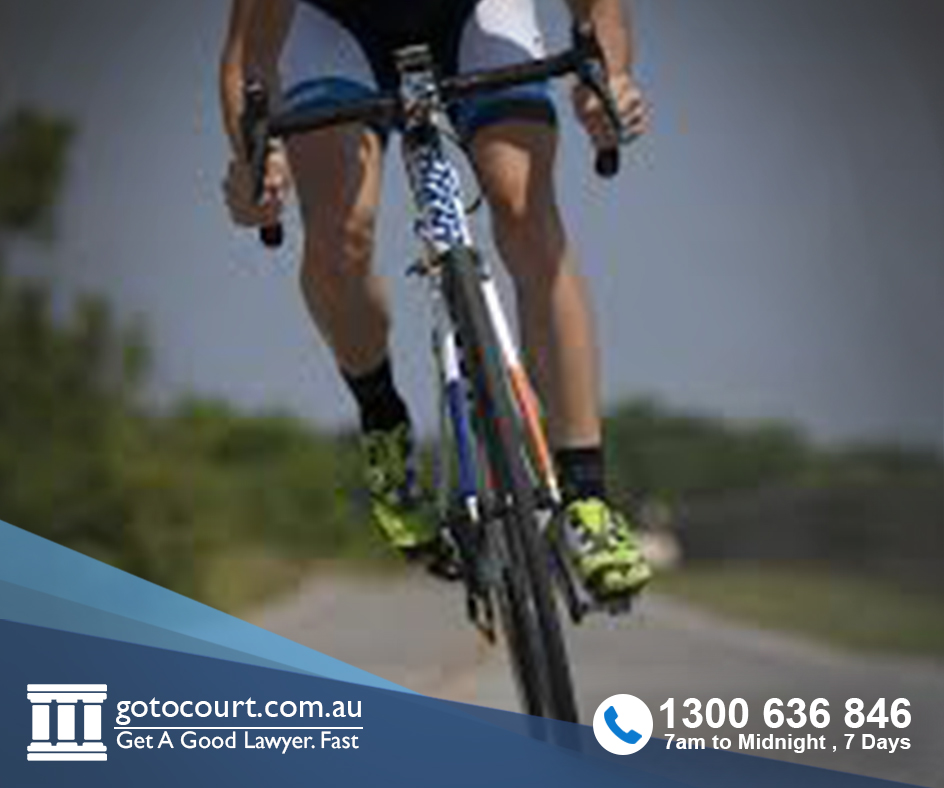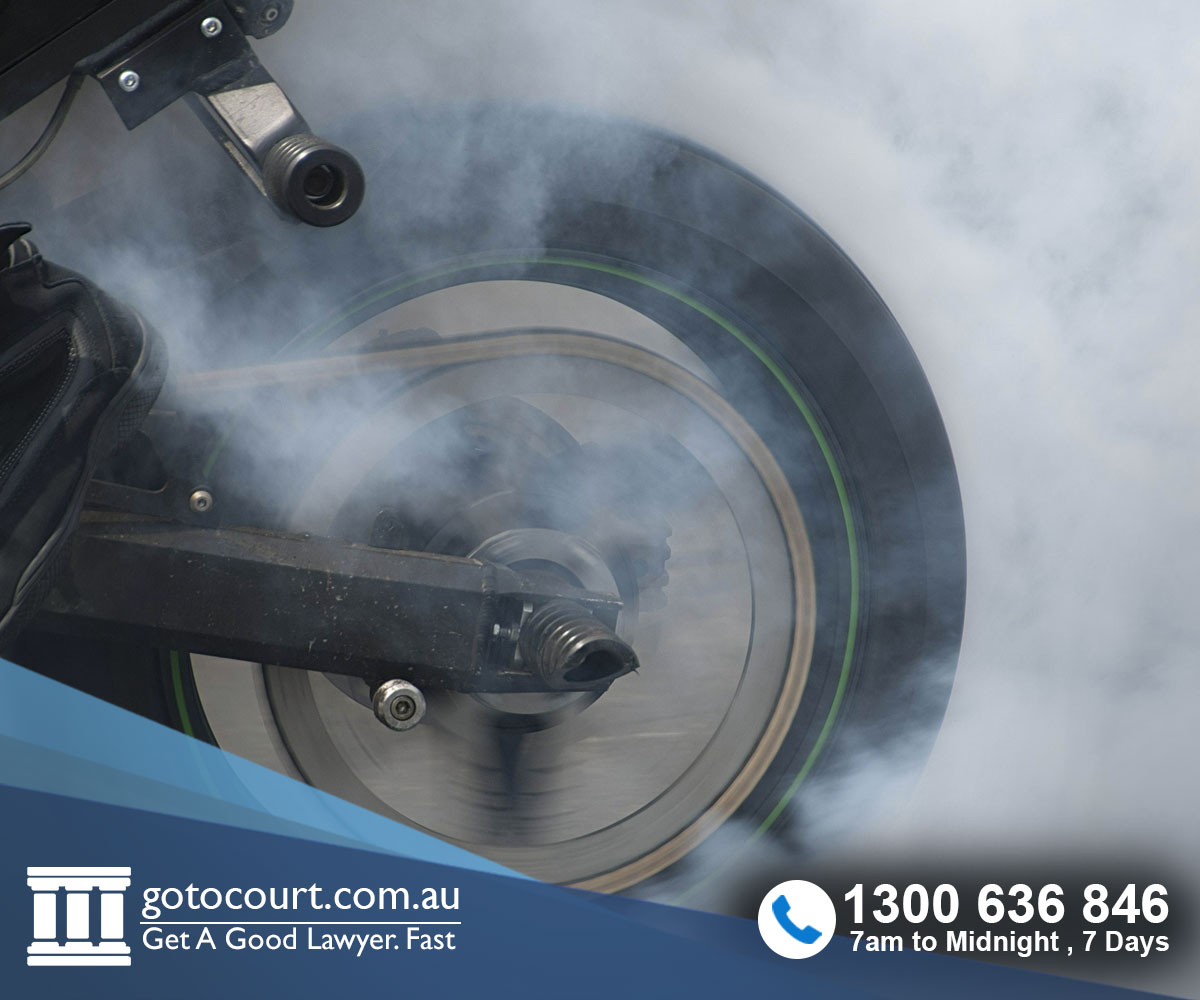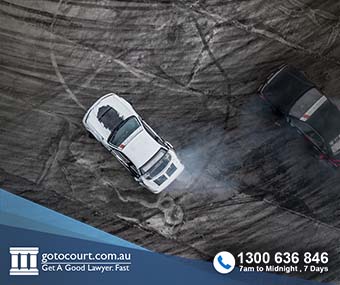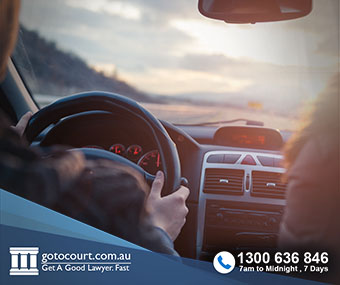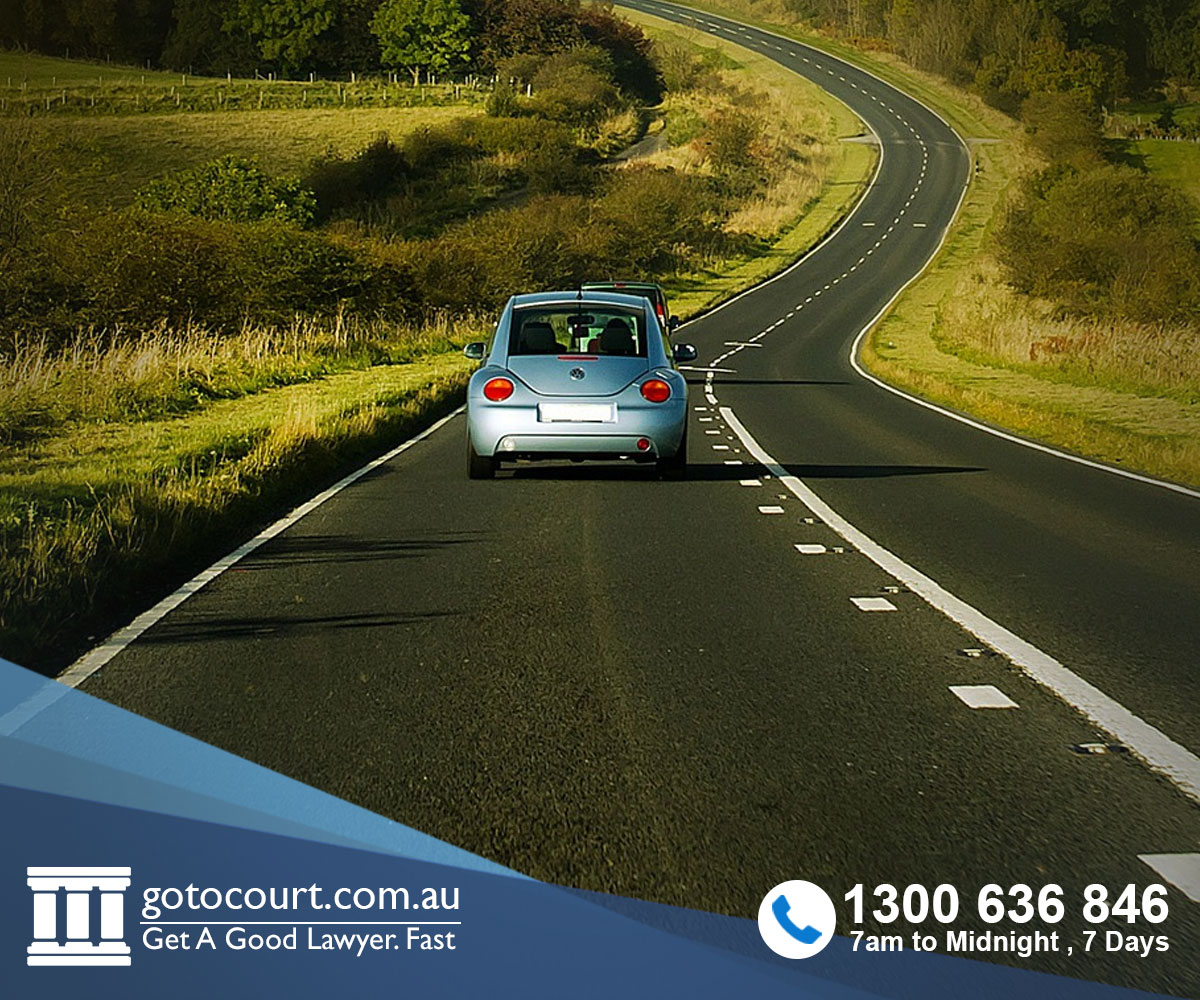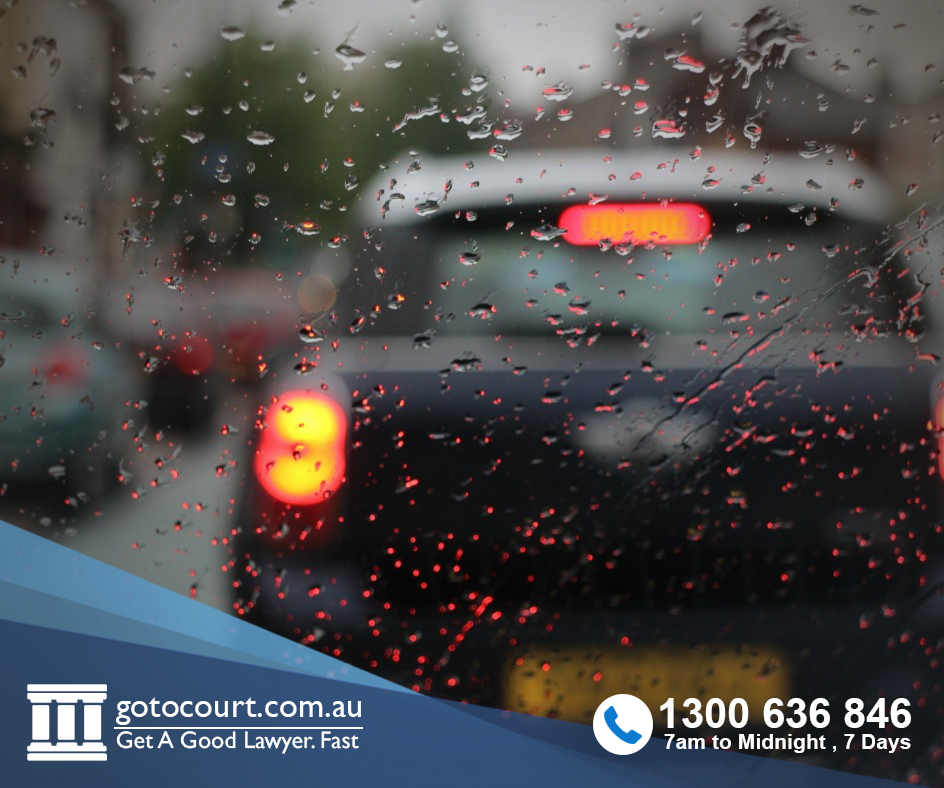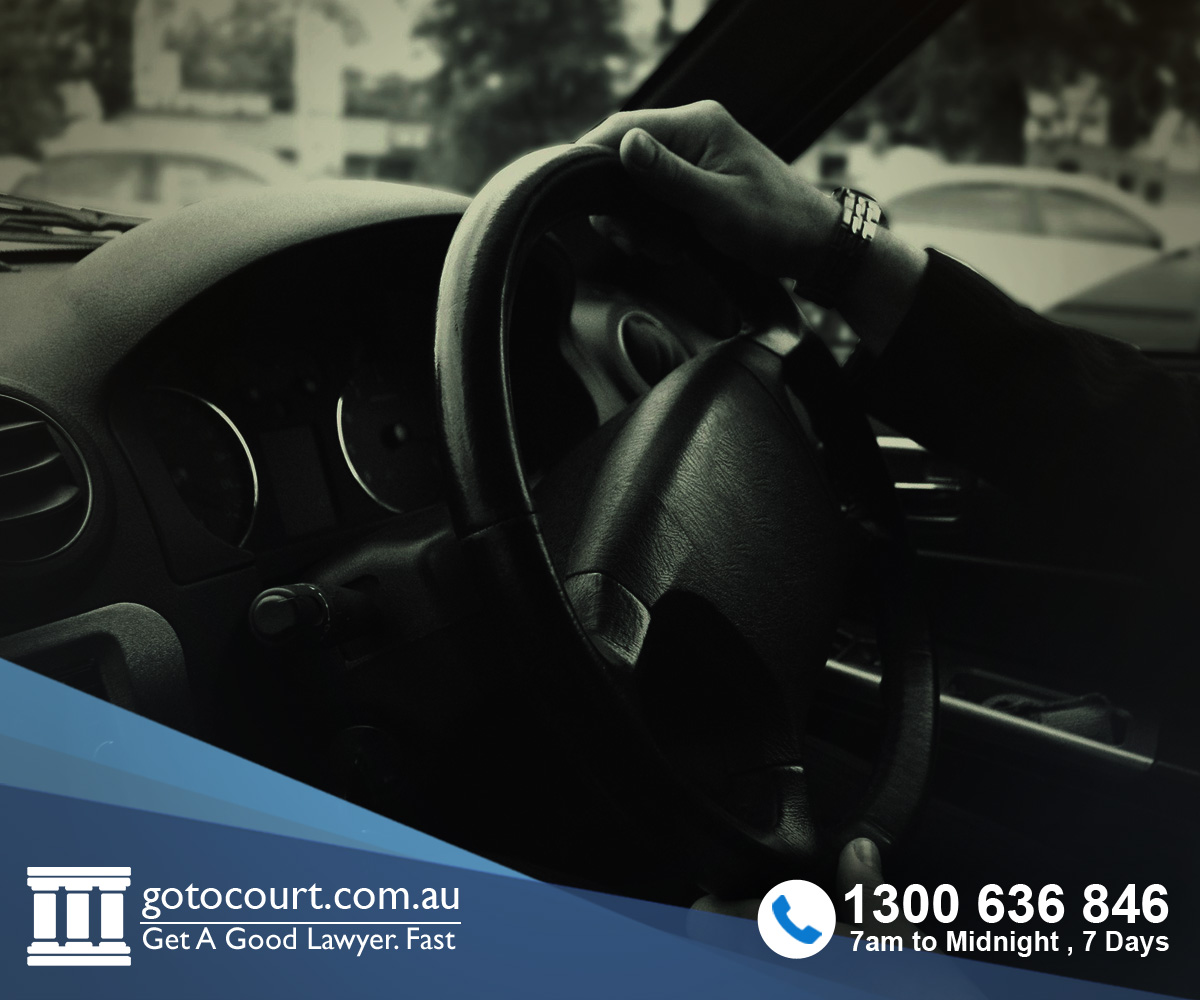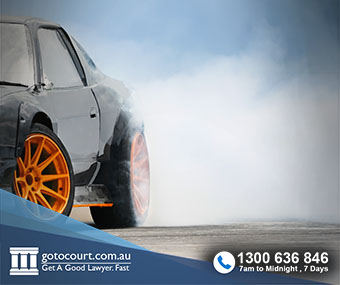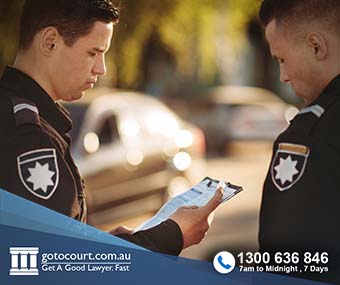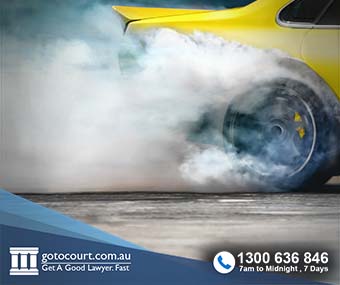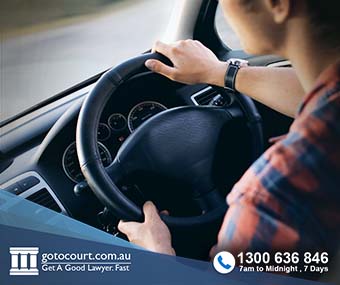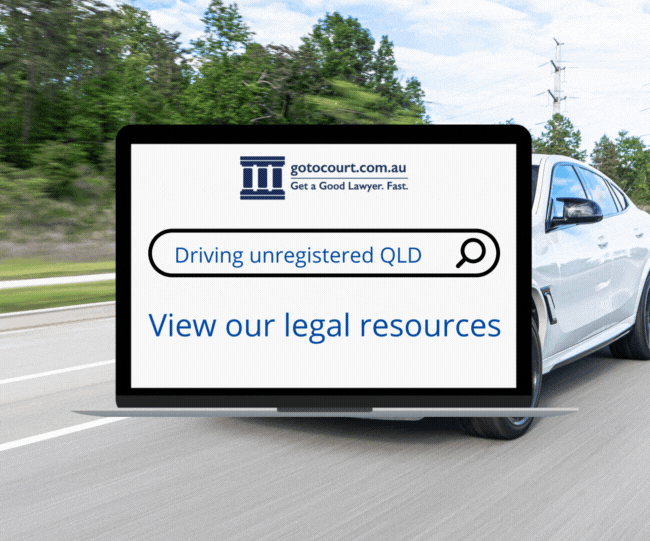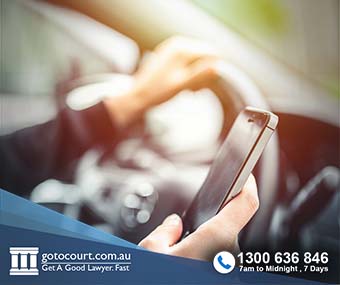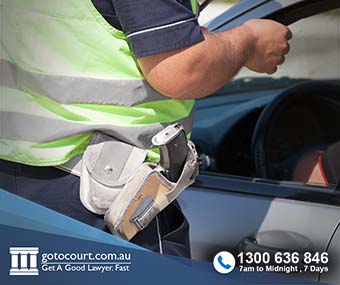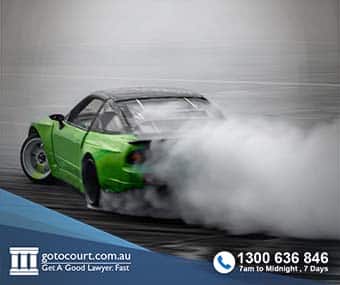Drug Driving and the Law (NSW)
Drug Driving and the Law (NSW)
A sharp increase in the number of people charged with drug driving offenses has been recorded in New South Wales in the last three years. Drug testing was introduced in NSW in 2007, and in 2015 the government announced that it would triple the number of roadside tests administered by police.
A person does not have to be impaired by drugs to be charged with a drug driving offence. Simply having a proscribed drug present in your system is enough to support a charge of drug driving.
There are two main drug driving charges: driving under the influence of drugs; or driving with an illicit substance present in the body.
Driving Under the Influence vs Driving with an Illicit Substance Present
To find a person guilty of Driving Under the Influence of Alcohol or a Drug, prosecution must prove two elements beyond a reasonable doubt: (a) the driver was affected by alcohol and/or illicit substances; and (b) that they were either driving, or attempting to put a vehicle in motion, or were supervising a learner driver at the time of the positive test. (Section 112 of the Road Transport Act)
Police can require a driver to submit to a ‘sobriety assessment’ to ascertain whether or not they are driving under the influence of a substance in the absence of conducting a breath analysis.
To find someone guilty of Driving with a “Prescribed Illicit Drug” Present (Section 111 of the Road Transport Act), prosecution does not need to prove that the driver was impaired by any drug at the time of the offence. Merely testing positive for an illicit substance is sufficient for this offence to be made out.
The drug presence test consists of the driver being required to undergo a roadside ‘lick test’ where a sample of their saliva is taken. If a positive result is returned, police will issue a Notice of Suspension, prohibiting the driver from driving for 24 hours (Section 148G). Police can also require the driver to hand over their ignition key to either the police themselves, or to another person in their company. Attending police are also authorised to take any other steps they believe are necessary to immobilise the vehicle by removing and/or detaining it. This is to ensure the driver does not breach the Suspension Notice.
Given that impairment is not a required element of the offence, some doubt has been expressed by civil libertarians as to whether the increase in roadside tests has anything to do with road safety at all, with some seeing it as a cynical exercise in revenue raising and mass persecution of recreational drug users.
Drug Driving: Road Safety Issue or Anti-Drug Provision?
When the increase in funding for more roadside drug tests was announced by NSW Transport Minister Duncan Gay in 2015, he stated:
“We’re tripling roadside drug testing to 97,000 tests by 2017 and are working closely with the community to raise more awareness about the dangers of this kind of behaviour… We’ve been highly successful in reducing alcohol-related trauma in the past 30 years – and we know through education and enforcement we can do the same to reduce the prevalence of drug driving.”
Greens MP David Shoebridge, a vocal critic of the campaign, has pointed out that this provision fails to target those impaired by illicit substances, rather than those who may have trace amounts of illicit substances present for extended periods after they have ingested testable drugs.
He stated:
“Unlike random breath testing which is scientifically based and directly related to impairment, the roadside drug testing scheme tests only for the slightest presence of just three illegal drugs: cannabis, MDMA (or ecstasy) and amphetamines. The end result is that people are tested and charged under the scheme for the smallest detectable traces of these drugs in their system, sometimes days after use and well past the time they are impaired by the drugs.”
Drug Driving Penalties in New South Wales
Penalties for drug driving differ depending on the offence, and whether or not the offender has been found guilty of another offence of the same kind in the previous five years.
While the penalties listed above set out a regime of minimum penalties, the Court has other sentencing options available. In some circumstances, magistrates have the discretion to deal with drug driving offences pursuant to Section 10 of the Crimes (Sentencing Procedure) Act 1999 (NSW). This section provides that even where the person is found guilty of an offence, the Magistrate has the power to (a) dismiss the charge; (b) order the person to serve a good behaviour bond up to two (2) years; or (c) order the offender into a rehabilitation program. If the court chooses to exercise its discretion under this section, the offender may avoid having a finding of guilt recorded against them, and incurring the mandatory minimum penalties, including licence disqualification.
There are some limitations on how this section can be applied. Magistrates cannot apply it twice within a five-year period. However, Magistrates considering a petition to apply section 10 will take into account the offender’s criminal and driving records; the circumstances surrounding the offence (such as whether anyone was harmed); and any other material put before the Court including any voluntary steps the offender has taken to rehabilitate, such as attending a Traffic Offender Program or Narcotics Anonymous meetings.
Available Defences for Drug Driving Charges
If a person has been charged with a drug driving offence, he or she must decide whether to plead guilty or not guilty. While almost all drug driving offences are proven (with 98.3% of all defendants either pleading guilty or being found guilty), some defendants have successfully defended the charges by relying on one of a range of defences, such as ‘honest and reasonable mistake.’
An example of ‘honest and reasonable mistake’ is the situation where a person honestly and reasonably believes that they do not have drugs in their system. One driver who relied on this defence was told by a police officer in May 2015, during a roadside drug test, that he should wait a week after smoking cannabis before driving if he wanted to avoid being charged under section 111 or 112 of the Act. Following this advice, the driver waited nine days after ingesting cannabis before driving. However, when he was subjected to a roadside drug test, it returned a positive result and he was charged. He told the Court that he had relied on the advice of the police officer, and Magistrate Heilpern set the charge aside.
Another defence provided for in legislation provides for the circumstance where the alleged offender is medically unable to produce a saliva sample.
Changes to Roadside Drug Test Chemistry
Previously, roadside drug tests only tested for cannabis, amphetamines and methamphetamines, and MDMA (ecstasy). However, early in 2017 it was announced that roadside drug testing would also test for cocaine.
Sydney’s eastern suburbs, reported by the NSW Bureau of Crime Statistics and Research to be a cocaine ‘hotspot’, is reported to have been the location selected for the first trials of the new testing regime.
There is a tendency for drivers who have been charged with drug driving to just plead guilty and accept the result. However, a recorded criminal offence – even a driving offence – can seriously impair a person’s life for many years to come, or even for the rest of their lives. A person who has a criminal record can have difficulty traveling to countries like the United States or Canada, or obtaining some types of employment.
If you have been charged with a drug driving offence, please call the Go To Court Traffic Team on 1300 636 846 to get the best possible legal advice.

Affordable Lawyers
Our Go To Court Lawyers will assist you in all areas of law. We specialise in providing legal advice urgently – at the time when you need it most. If you need a lawyer right now, today, we can help you – no matter where you are in Australia.How It Works




1. You speak directly to a lawyer
When you call the Go To Court Legal Hotline, you will be connected directly to a lawyer, every time.

2. Get your legal situation assessed
We determine the best way forward in your legal matter, free of charge. If you want to go ahead and book a face-to-face appointment, we will connect you with a specialist in your local area.

3. We arrange everything as needed
If you want to go ahead and book a fact-to-face appointment, we will connect you with a specialist in your local area no matter where you are and even at very short notice.

